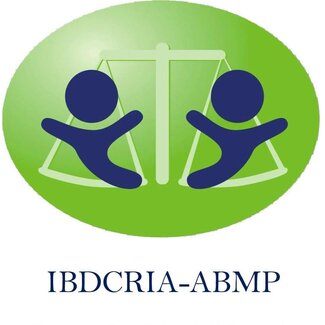IBDCRIA-ABMP seeks to improve the performance of the various types of working professionals in the Child and Adolescent Rights Guarantees System (SGDCA) and the Justice System.
Where they operate
Organization Type
Main Areas of Work
What They Do
Location
Brazil
IBDCRIA-ABMP aims to promote the production and dissemination of knowledge, institutional and normative improvement and critical debate in the field of child and adolescent law. Within this field, it is responsible for:
- bringing together professionals with legal training or not, who have practical and / or theoretical interest in the various subjects;
- promote and disseminate studies, research and debate of practices and ideas;
- advise public and private entities;
- act with the public authorities to improve current regulations;
- support the exchange of technical and scientific knowledge;
- promote the formation and qualification of the professionals;
- stimulate and qualify the public debate on the main themes of the area;
- diagnose and propose improvements for the functioning of the organs of the child and adolescent rights guarantee system, especially the members of the defense and control axes;
- perform any actions related to the promotion and guarantee of the rights of children and adolescents.
To fulfill its objectives, IBDCRIA-ABMP may develop, among others, the following activities:
- promote the production, editing, dissemination, distribution, promotion and marketing of informational, printed or audiovisual materials, such as newsletters, newspapers, magazines, books, booklets, videos;
- promote or support local, regional, national or international congresses, symposiums, meetings, conferences and seminars;
- offer training activities, such as workshops and training courses, improvement, updating, extension and specialization;
- maintain study groups and debates;
- establish contacts and partnerships with other similar institutions, national or international;
- maintain a website and make use of digital media resources, including social networks, as a strategy for communicating their actions and disseminating knowledge;
- conduct competitions and offer prizes;
- elaborate and develop researches;
- to apply and participate, as a representative of civil society, in Rights Councils, Policy Councils or similar colleges for the social control of public policies related to childhood and adolescence;
- to manifest in public consultations, participate in public commissions and hearings aimed at the normative elaboration and the planning of policies and programs in the area

